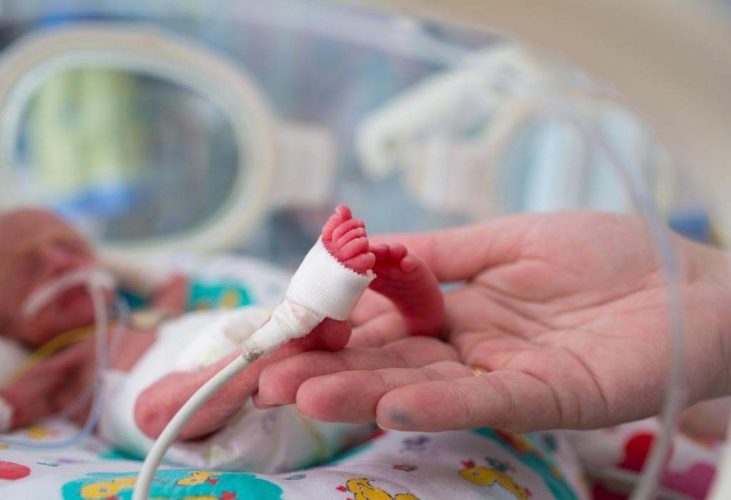Depression post-pregnancy is one thing that most of the people are aware of but not many realize that a woman can experience depression during pregnancy as well. The thing about depression in pregnant women is that it impacts not only the sufferer but also the new life that is developing inside their body. In this article, we are going to focus on this latter aspect of depression during pregnancy.
Depression during pregnancy goes usually unrecognized
There are a plethora of symptoms that point towards depression in people in general and pregnant women in particular. Some of the most common indicators of depression among pregnant women are alteration in the sleep pattern, changes in the energy level, appetite as well as libido. These symptoms are similar to those that indicate towards pregnancy in women. It is because of this reason that most of the time depression among pregnant women goes unnoticed. At times pregnant ladies too are reluctant to talk about the changes in their moods to their health care providers. Last but not least, depression goes unnoticed during pregnancy because prime focus of all remains the physical health of the mother than the mental well-being.
1. Impacts the emotional development

Children of mothers who exposed to depression during pregnancy tend to be at an increased risk of suffering depression themselves. Depression during pregnancy results in alterations in amygdala, that is, a brain structure vital for regulating the emotion as well as stress. However, it is difficult to define the period during which these alterations take place. There is a direct relationship between the prenatal maternal depression as well as the variation in the development of the foetus.
The depression during pregnancy can have a detrimental impact on how well the baby develops. It is not exactly the depression that impacts the development of the baby but the consistency of this depression that impacts the growth of the foetus.
Depression during pregnancy has adverse impact on the health of the mother. It might result in problems like high blood pressure as well as heart disease. These conditions have a negative impact on how your body reacts to pregnancy. This results in premature delivery, that is, delivery that takes place within 37 weeks of pregnancy. This premature delivery results in baby having low-birth weight, that is, the baby weighs just 5½ pounds. This in turn means that in the long run the babyfaces a lot of health-related problems.
4. Baby feels what the mother feels
When a mother is happy, the infant in the womb tends to grow in a calm and peaceful environment. However, if a mother is suffering depression then the child in the womb is also exposed to these negative emotions that result in the release of particular types of hormones that are not considered good for the holistic growth of the foetus.
5. Impacts brain development
Suffering depression during pregnancy can result in a lot of hormonal changes in the body of the mother. These hormonal changes can affect the brain chemicals of the baby in multifarious ways. The pregnant women at times fail to realize that they are depressed but this surely has a negative impact on the growth of the baby, especially if the mother cries a lot during the pregnancy term.
Depression in pregnant women tends to be really harmful to the baby in the womb. It is thus the responsibility of the mother to be as well as the other family members to take care that depression does not make its way into the life of pregnant women.





No comments